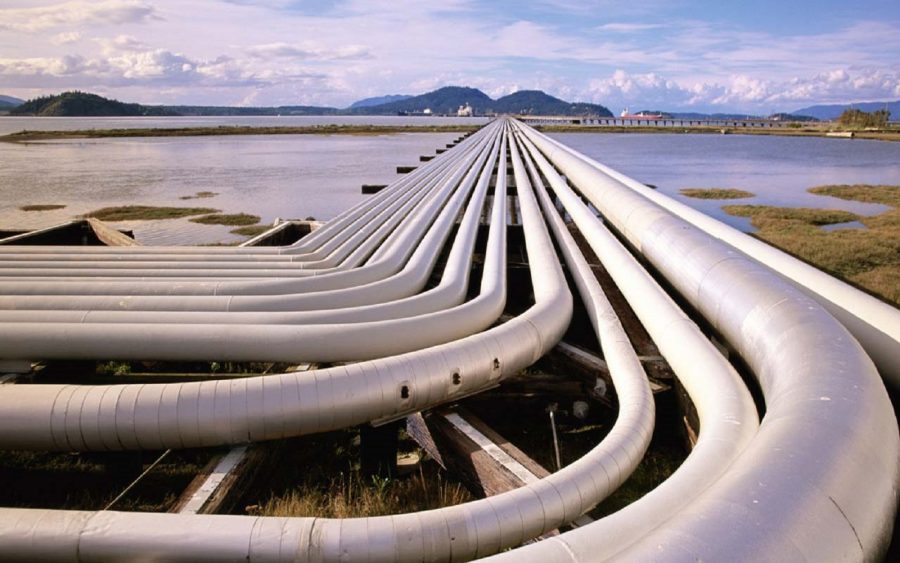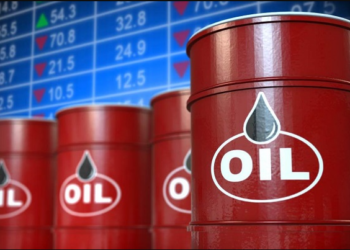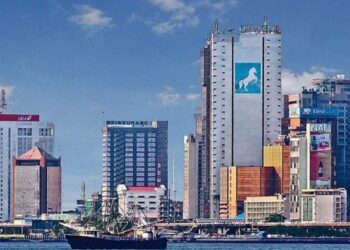Nigeria’s Gross Domestic Product (GDP) may be on the rise, as the oil and gas sector is about to witness an unprecedented growth, with key government agencies under the Federal Ministry of Petroleum Resources pledging to improve the digitalisation of their systems.
The adequate digitalisation of the oil and gas sector will further lead to improvement in monitoring, predictive maintenance, operation optimisation etc, according to the Nigerian National Petroleum Corporation (NNPC).
This will enable the NNPC to increase Nigeria’s oil production from the new matured and marginal fields, expand frontiers and improve production capacities of Nigeria’s refineries. Nigeria’ crude oil reserves currently stands at 37 billion barrels.
Declining oil output slowed down economy in Q2 2018
Nigeria’s economic growth slowed down for the second consecutive quarter, as crude oil production fell to 1.84 million barrels per day (bpd), in the second quarter of 2018, from 2.0 million bdp it produced in Q1 2018. The production level was the lowest since Q1 2016, when the economy was contrasting in deep recession.
However, this weak performance in the energy sector was the major reason why the Nigerian economy lost its recovery momentum in Q2 2018, with the Gross Domestic Product (GDP) dropping to 1.5% from 1.95% recorded the first quarter of the year.
Oil Sector GDP
Meanwhile, the NBS report also shows that the oil sector contributed 8.55% to the total Real GDP, in the second quarter of 2018. This is a reduction on both quarter on quarter and year on year basis, as the sector contributed 9.61% in Q1 2018 and 9.04% in the corresponding quarter of 2017 respectively.
Oil production in recent years
Crude oil production has been on a declining trend in recent years. According to the recent GDP Report released by the National Bureau of Statistics (NBS), an average of 1.84 million barrel of crude oil was produced per day in the second quarter of 2018. This represents 8% quarter on quarter decline, from the recorded output of 2.0 million barrels per day the nation produced in the previous quarter of Q1 2018. On a year on year basis, Nigeria’s oil production fell by 1.6% from 1.87 million bpd produced in the second quarter of 2017.
One thing to note is that, the level of oil production critically declined during the recession period. In the second quarter of 2016, Nigeria crude oil production fell to 1.81 million bpd from the production level of 2.05 million bpd in the first quarter of 2016. The average oil production further declined to 1.61 milliin bpd in Q3 2016, before rising slightly to 1.76 million bpd in the last quarter of 2016.
Why oil production falls?
- Deliberate destruction or damage of petroleum pipelines, otherwise known as pipeline vandalism.
- Nigeria still loses over 1 million barrel of crude oil to oil thieves daily through bunkering, illegal modular refineries etc.
- Civil unrest like kidnapping etc in the volatile Niger Delta has affected operations of many oil companies in the upstream sub-sector.
- Inadequate pipeline infrastructure in the upstream oil sector.






















